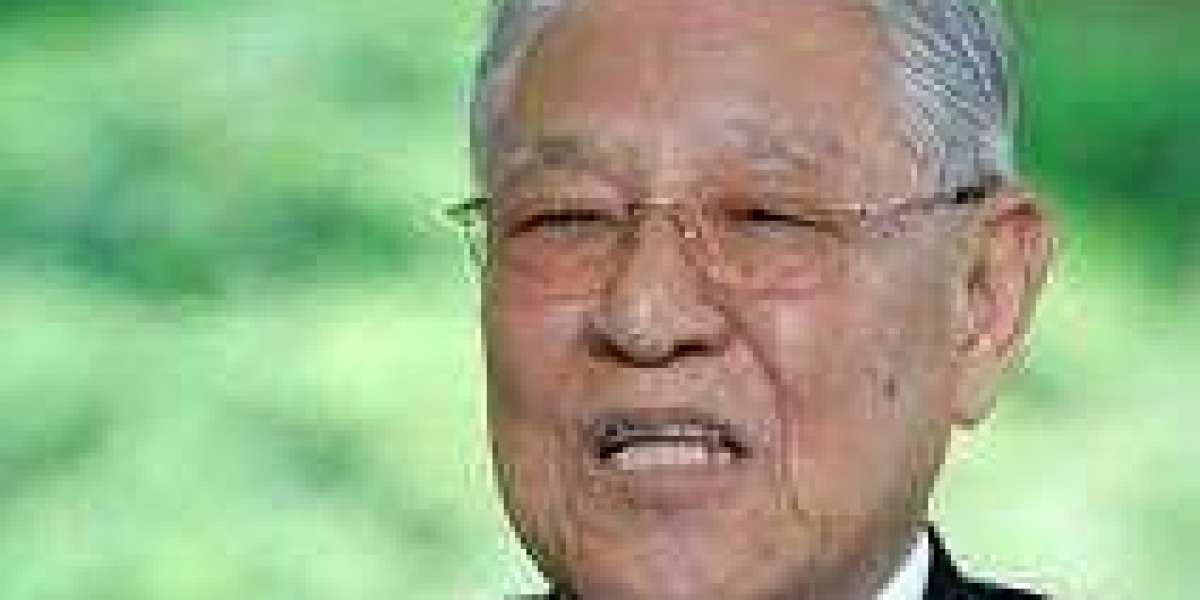India on Friday condoled the death of Taiwan’s former president and ‘Mr Democracy’, Lee Teng Hui. With the ongoing border conflicts between India and China, this condolence on part of India infuriated China.
Lee Teng Hui
Playing the pivotal role in realizing democracy in Taiwan. As president, Lee got rid of laws that came in the way of democratic development, carried out free legislative elections and allowed people to vote for the president for the first time. US Secretary of State Mike Pompeo called Lee a crucial player in transforming Taiwan into a "beacon of democracy”.
Indo-China conflicts deepen
An official statement by the India Taipei Association, India’s diplomatic mission in Taiwan, said, “India Taipei Association joins the people of Taiwan in mourning the passing of Taiwan’s ‘Mr. Democracy’, Dr Lee Teng-hui. Responding to the statement, the Foreign Ministry of Taiwan (Republic of China) said, "Late President Lee Teng-hui made historic contributions to the transition to and the strengthening of democracy in Taiwan. The Ministry of Foreign Affairs would like to thank India and the India Taipei Association.”
India’s pivot towards Taiwan was seen last month with New Delhi choosing a high-profile career diplomat as India’s next envoy to Taipei.
The statements laced with political overtones are being received as an indirect messages to china in view of the ongoing border dispute between the two countries.
One china policy
China’s foreign ambassador reminded India of its one china policy in a statement asking India to adjust its policy towards China and stance on issues related to Taiwan, Hong Kong and Xizang. He cautioned that while China won’t interfere in any country’s domestic issues, it allows no external interference and never trades its core interests either.
Despite diplomatic talks-over-table with China continue, relations with the communist state to improve are ultimately unfeasible. Amidst this, India’s inclination towards Taiwan is readily perceived by China as the official end of the long dead hindi-chini bhai-bhai.







